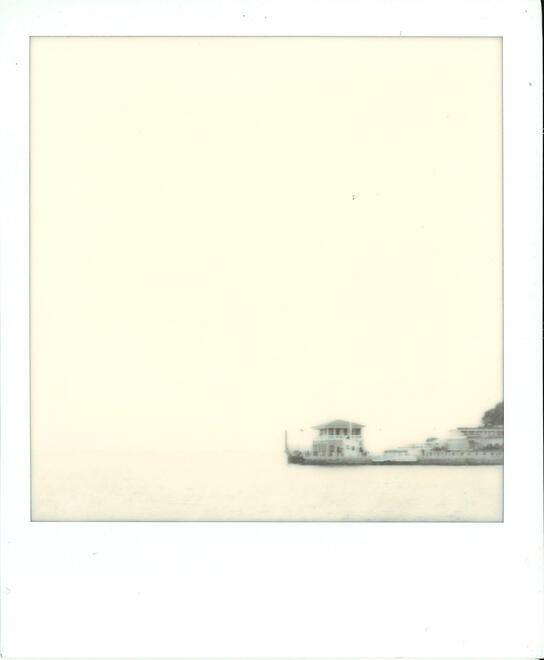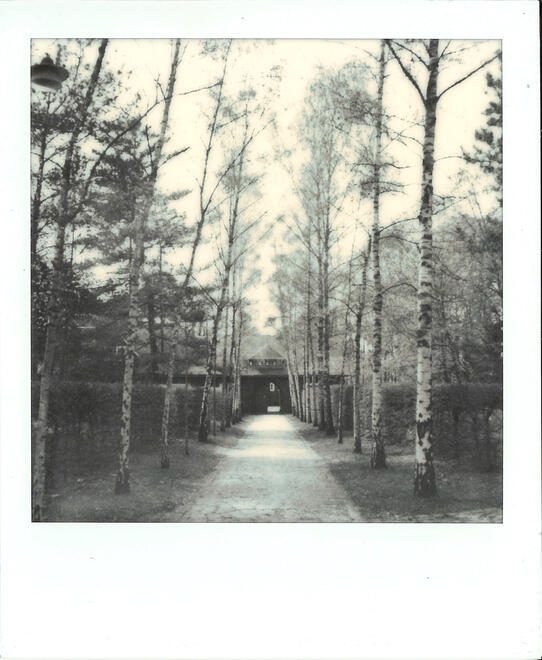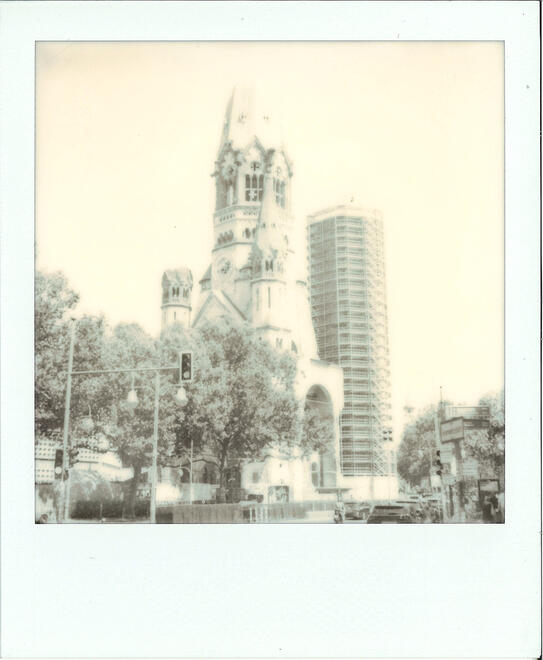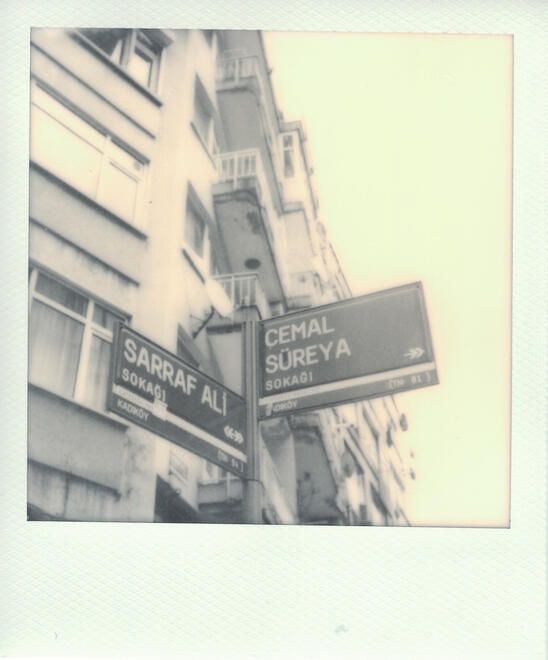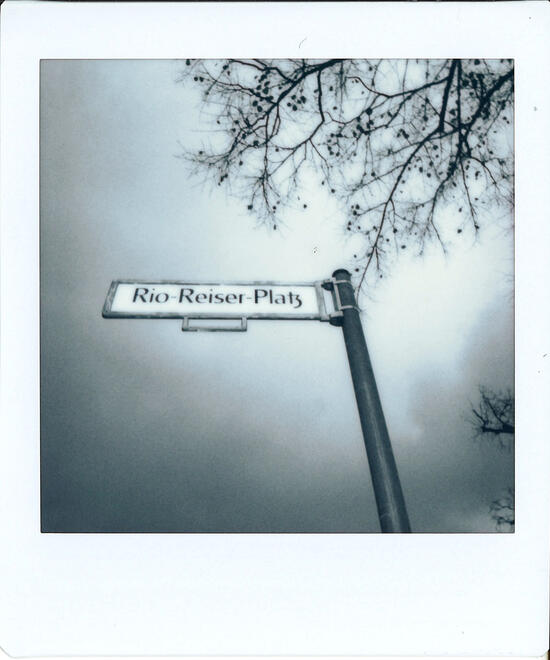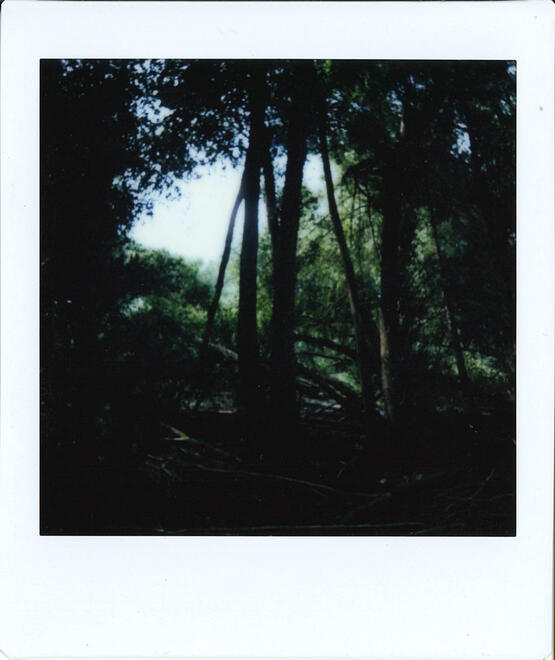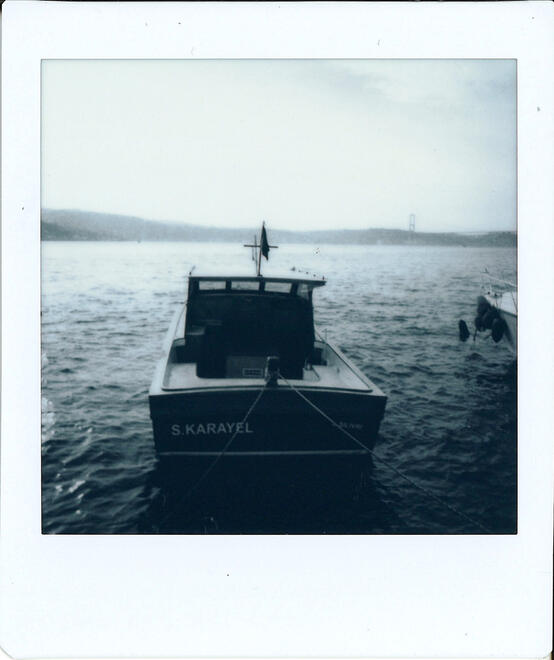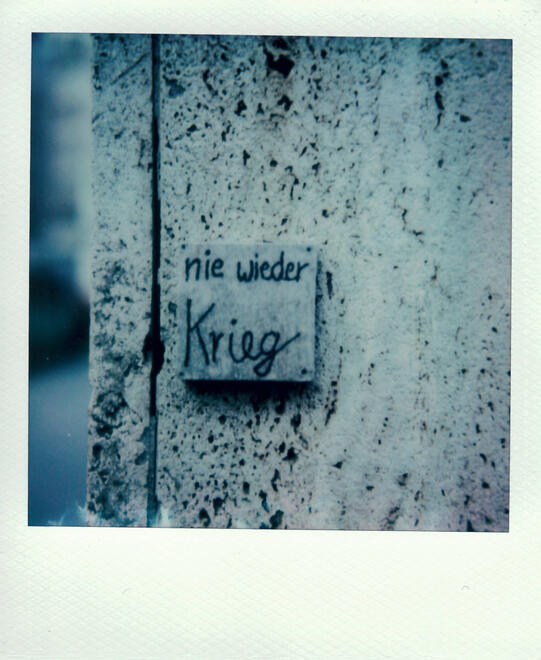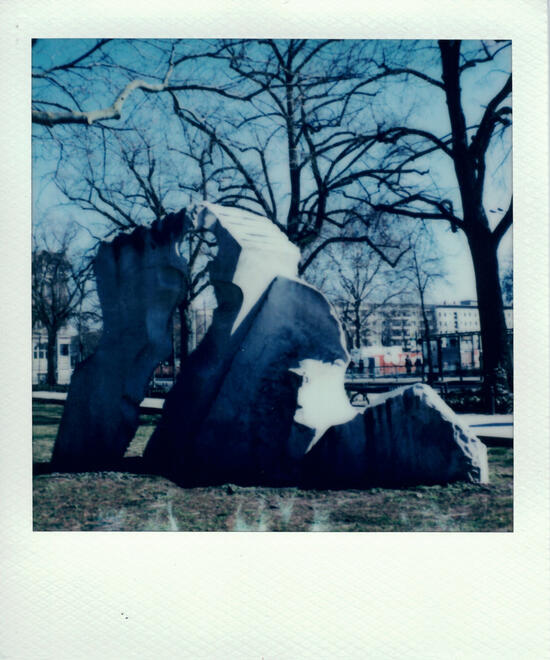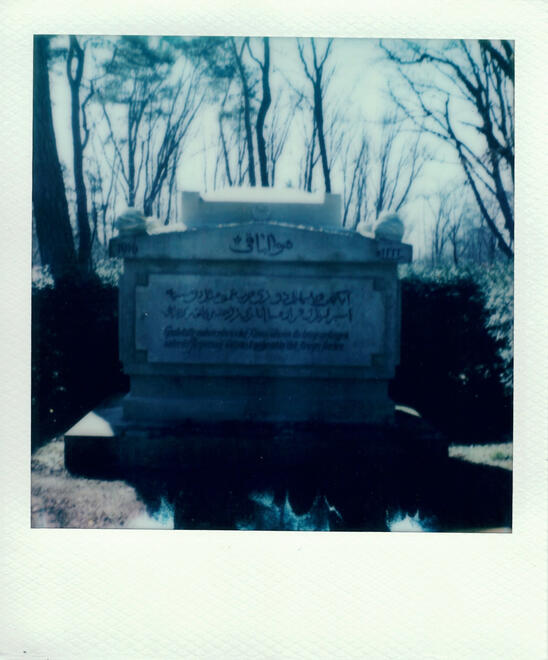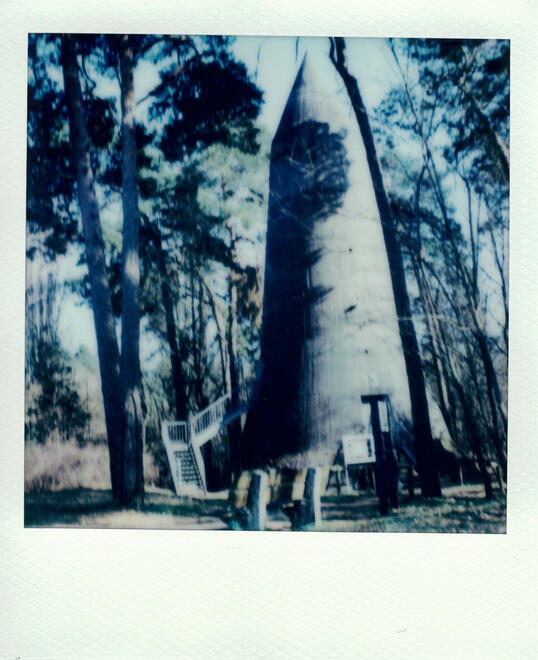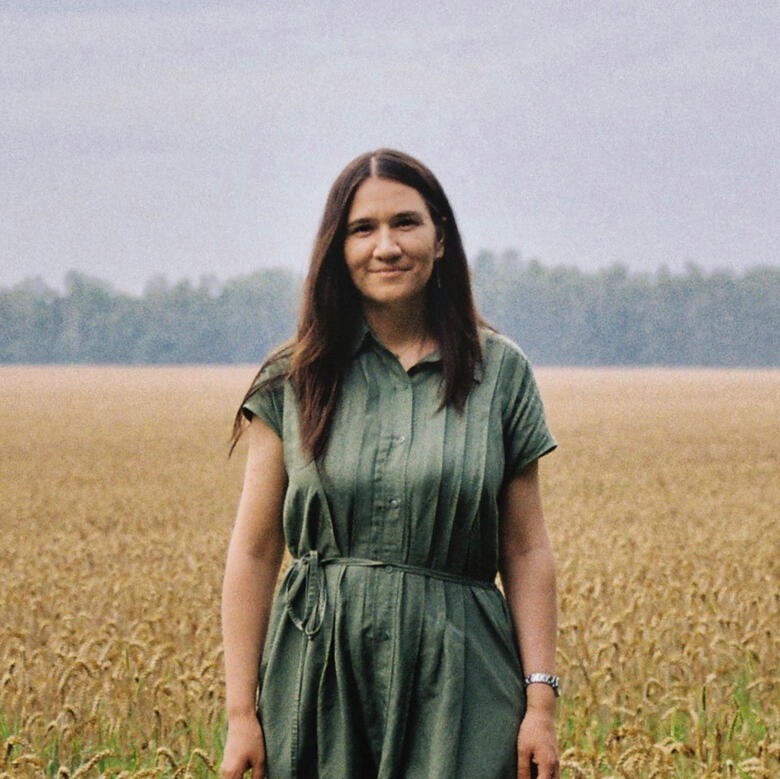
Diliara Brileva
Researcher working across history, media, and memory
About
I am a historian with a keen interest in exploring multiple interpretations of history. I hold a PhD in History from the Academy of Sciences of Tatarstan (Kazan, Russia), and currently work as an associated researcher at the Leibniz-Zentrum Moderner Orient (Berlin) and a junior research fellow at the A. Krymskyi Institute of Oriental Studies, National Academy of Sciences of Ukraine (Kyiv).My primary research focus is the Muslim Tatar periodical press of late imperial Russia, which I study not only as a source of historical knowledge, but also as a cultural and linguistic phenomenon. While the Volga-Ural region remains central to my work, my interests also extend to Ukraine and the Middle East, particularly Turkey.Beyond print culture, I explore the ways memory and identity are constructed through visual and popular media, including movies and TV series. I am deeply passionate about languages — they are both my inspiration and the main object of my academic inquiry.In addition to my written research, I am engaged in several creative projects. One of them is an instant photography series that investigates how memory is shaped through the act of photographing. Another is an audio-based project — a podcast and archival series in which I read aloud texts from the early 20th-century Tatar press. The aim is to preserve and revive the sound of the Old Tatar language by interpreting it through the phonetics of contemporary Tatar. This project challenges script-based knowledge and allows historical sources to speak again — quite literally.Portrait by Lena Lehmann.
Old Tatar Press
intellectual debates and reformist discourses in the Muslim Tatar press of the early 20th century
This section explores theological, economic, historical, and gender-related debates that took place in the Muslim Tatar community of the Russian Empire in the early twentieth century. Drawing on materials from the periodical press—particularly the journal Shura—the studies examine how Muslim intellectuals responded to perceived social and economic degradation by articulating visions of a dignified society, rethinking the interpretation of the Qur’an, and developing narratives of national history. These debates reflected broader reformist currents and were marked by an engagement with concepts of progress, civilization, and identity. Importantly, the periodical press served as a space where both male and female authors contributed to the formation of new discourses, including competing gender perspectives within Muslim reformism.
RESEARCHBlagosostoianie kak dostoinstvo: publichnye diskussii v periodicheskoi presse tatar-musul’man Rossiiskoi imperii nachala 20 veka” [Welfare as dignity: public discussions in the periodical press of the Muslim Tatars of the Russian Empire in the early twentieth century], Vestnik Tomskogo gosudarstvennogo universiteta. Istoriia [Journal of Tomsk State University. History], 2021, 72, 15–23. (in Russian)
See moreTarikh-e milli: «svoia istoriia» v zhurnale «Shura» [Tarih-e milli: “Our history” in the Shura journal], Islamology, 2020, 1, 51–66. (in Russian)
See moreDiskussii o tafsirakh Korana v periodicheskoi presse tatar-musul’man Rossiiskoi imperii nachala XX v. (na materialakh zhurnala “Shura”) [Discussions about tafsirs of the Qur’an in the periodical press of the Muslim Tatars of the Russian Empire in the early twentieth century (on the materials of the journal Shura)], Vestnik Moskovskogo universiteta. Seriia 13. Vostokovedenie [Bulletin of Moscow University. Series 13. Oriental Studies], 2019, 3, 19–31. (in Russian)
See moreKontseptsiia «novogo musul’manina» mezhdu dvumia revoliutsiiami (po materialam zhurnala «Shura», 1908–1917) [The concept of the new Muslim between the two revolutions on the pages of Shura journal (1908–1917)], Gosudarstvo, religiya, tserkov v Rossii i za rubezhom [State, Religion and Church in Russia and Worldwide], 2019, 1/2 (37), 417–433. (in Russian)O zhenshchine i ustami zhenshchiny: musulʹmanka v tatarskoĭ periodicheskoĭ pechati nachala ХХ v. [Women talking about women: a Muslim woman in the Tatar periodical press of the early 20th century], Gosudarstvo, religiya, tserkov v Rossii i za rubezhom [State, Religion and Church in Russia and Worldwide], 2018, 2 (36), 17–36. (in Russian)
Tatars in Ukraine
identity, memory, and homeland imaginaries in the public discourse and historical writing of Ukrainian Tatars
This section examines how Volga Tatars in Ukraine articulate notions of identity, memory, and belonging in diasporic settings. Drawing on the Kyiv-based magazine Duslyk (“Friendship”), published by the All-Ukrainian Tatar Cultural Center Tughan Tel, it analyzes public discourse that emerged within the community in the post-Soviet period. Special attention is paid to how the imagined homeland — both the historical Volga-Ural region and contemporary Tatarstan — is constructed and visualized through text and image. The materials reveal shifting conceptions of religion, language, and tradition, as well as attempts to integrate into Ukrainian society while maintaining a distinct ethno-religious identity. The section also includes a critical edition and annotated translation of Ghalimjan Ibrahimov’s autobiographical account of the Tatar student movement in early 20th-century Kyiv, offering historical depth to the cultural presence of Muslim Tatars in Ukraine.
RESEARCHGhalimjan Ibrahimov. Z istorії rukhu tatarsʹkoho studentstva. Korotkі spohady [From the history of the Tatar student movement. Short memories] Introductory article, translation from Old Tatar, comments and notes by D. S. Brileva and D. V. Brylov. Kyiv: Institute of Oriental Studies named after A. Yu. Krymskyi of the National Academy of Sciences of Ukraine, 2020. 140 p. (in Ukrainian, Old Tatar, Modern Tatar)Periodychna presa tatar Ukrayiny: analiz vizual’noho materialu [Periodical press of the Tatars of Ukraine: Analysis of visual material]
Shìdnij svìt [The World of the Orient], 2021, 1, 35–46. (in Ukraininan)
See morePeriodychna presa povolz’kykh tatar Ukrayiny: pam’yat’, identychnist’, nostal’hiya [The periodic press of the Volga Tatars of Ukraine: Memory, identity and nostalgia], Shìdnij svìt [The World of the Orient], 2020, 1, 77–88. (in Ukraininan)
See more
TURKISH CINEMA & SERIES
negotiating cultural memory between hegemony and resistance
This section explores how modern Turkish cinema and television engage with competing narratives of history, empire, and identity. While mainstream films often celebrate a “glorious” Ottoman past and offer a vision of religious and cultural continuity aligned with contemporary state ideology, art house productions question such representations—foregrounding silenced histories, individual traumas, and unresolved ethno-religious conflicts.Through cinematic storytelling, Turkish filmmakers navigate the tension between cultural hegemony and resistance, memory and forgetting. These dynamics are not only visible within Turkey’s own cultural sphere, but also come into focus internationally—such as in the reception of Turkish historical dramas by Russian audiences during politically charged moments. Here, screen narratives become part of larger geopolitical conversations, revealing moments of both misunderstanding and appropriation between different regimes of memory.
RESEARCHWriting Visual History of Turkey: “Glorious History” in Mainstream Cinema vs “Complicated History” in Art House Films, in The Politics of Culture in ‘New Turkey’, edited by Pierre Hecker, Ivo Furman, and Kaya Akyıldız. Edinburgh University Press, 2021, pp. 239–252.
See moreEmbedding Crimea in Russia(n) Empire: Russian Views on Crimea in the Series ‘Kurt Seyit and Shura/Alexandra’. International Communication Gazette, 2023, 85(3–4), 307–324.
See more
instant photography project
how much do we choose to remember?
a photographic exploration of how memory works and how we construct what we choose to remember
This project emerged from a series of instant photographs created for the :unmittelbar 2024 – 2nd Deutsche Sofortbild Kunst exhibition and has since grown into an independent inquiry into the workings of human memory—both personal and cultural. What do we remember, and what do we choose to forget? How do societies shape collective memory through public narratives of remembrance and oblivion? What happens at the intersection of individual recollection and shared historical consciousness? These and other questions form the core of this photographic exploration.
BLOG FEATURESExploring Memory Construction through Photography: Perspectives from Berlin and Istanbul
ZMO Blog, in EnglishДослідження конструювання пам’яті через фотографію: погляди з Берліна та Стамбула
ZMO Blog, in Ukrainian
EXHIBITIONS3. Deutsche Sofortbild Kunst: unmittelbar 2025
June 27 – July 5, 2025
Kunstbunker Bochum, Baarestraße 68, 44793 BochumInternational Instant Art Expo 2025
The 6th edition of the international instant art exhibition
May 16–18, 2025
The Stage Gallery, Bonn2. Deutsche Sofortbild Kunst: unmittelbar 2024
October 25 – November 23, 2024
VHS Hannover, Burgstr. 14, 30159 Hannover
The Audio Matbuğat Podcast
exploring language, history, and memory through reading Old Tatar texts aloud
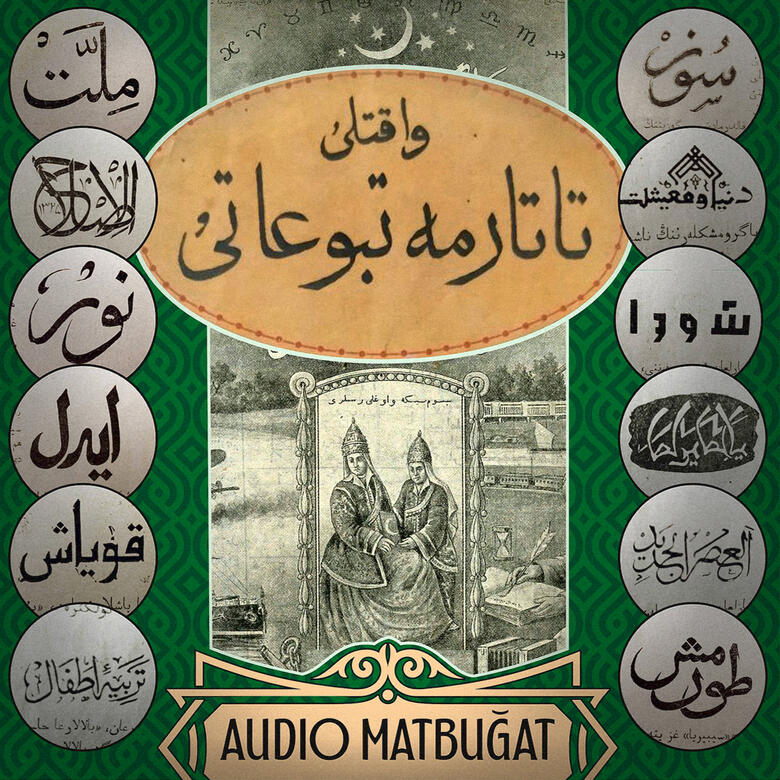
Audio Matbuğat — a podcast by Diliara (Dilärä) Brileva
What shaped the language of public discourse among the Tatars of the Volga-Ural region in the early twentieth century? What would written (Old) Tatar have sounded like? And how does the academic and personal background of a researcher shape their phonetic interpretation of texts written and printed in (Old) Tatar?These questions echoed in my mind each time I attempted to read these sources aloud — and heard my own voice respond. Sometimes my pronunciation carried the accent of modern Tatar, especially when the word still exists in the language today. At other times, the accent leaned toward Turkish, as the word had entered my vocabulary through contemporary Turkish.In one way or another, these recordings became my working voice notes — a space where I return to clarify forgotten details or recall precise phrasings.This podcast brings together a series of readings from newspapers and journals published in the Volga-Ural region of late imperial Russia, in the (Old) Tatar language — a living archive of language, sound, and memory.
Cover artwork specially created by Niiaz Khaziakhmetov for this podcast.
LISTEN ON:Spotify
Apple Podcasts
SoundCloud
Imprint & Privacy
ImpressumThis website is operated by a private individual in accordance with §5 TMG (Germany).Responsible for content
Diliara Brileva
Berlin, Germany
Email: [email protected]This is a personal, non-commercial website created in the context of academic work. The operator is an associated researcher working on a fellowship basis. No commercial activity is pursued through this site.
Privacy PolicyThis website does not collect or store any personal data.
It does not use cookies, analytics tools, contact forms, or embedded videos.However, third-party platforms such as Spotify, Apple Podcasts, SoundCloud, and institutional repositories may be embedded or linked. These services may collect user data independently when accessed. Please consult their respective privacy policies for more information.No responsibility is taken for the content or privacy practices of linked external websites.For questions regarding this website, contact:
[email protected]
